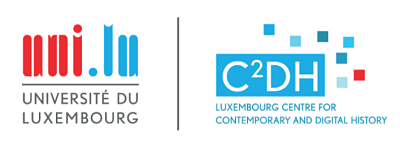#The dress
Several newspapers’ articles from the 2015 Internet phenomena to its scientific analysis and use against domestic violence. Adam Rogers, “The Science of Why No One Agrees on the Color of This Dress“, Wired, 26 February 2015. “Not since Monica Lewinsky was a White House intern has one blue dress been the source of so much … Continued
